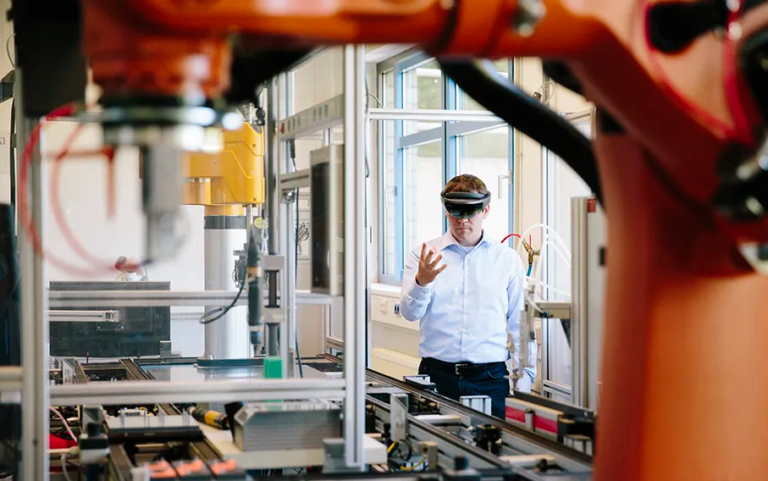How Facial Recognition Technology Is Changing Security Systems
Facial recognition technology is significantly transforming security systems worldwide. Its ability to identify individuals in real time enhances surveillance and access control, making environments safer. However, this innovation also brings forth pressing ethical questions about privacy and civil liberties. As the technology continues to evolve, understanding its implications becomes crucial. What challenges and opportunities lie ahead in balancing security needs with individual rights?
The Evolution of Facial Recognition Technology
As technology advanced, the development of facial recognition systems transitioned from rudimentary image matching to sophisticated algorithms capable of real-time analysis.
Historical milestones, such as the introduction of neural networks and machine learning, marked significant technological advancements. These innovations enhanced accuracy and efficiency, allowing for broader applications.
Such progress raises critical discussions on privacy and individual freedoms, especially as reliance on these systems increases.
See also: How Digital Twins Are Revolutionizing the Manufacturing Industry
Applications in Security Systems
While the integration of facial recognition technology into security systems has revolutionized the way safety is managed, it has also prompted a reevaluation of ethical considerations.
Applications include enhanced surveillance integration for public safety, access control in facilities, and identification of potential threats.
However, growing privacy concerns challenge its widespread adoption, as individuals increasingly question the balance between security and personal freedom.
Benefits and Challenges
The integration of facial recognition technology into security systems offers numerous advantages, but it also presents significant challenges that warrant careful consideration.
While enhancing security and efficiency, this technology raises privacy concerns and ethical dilemmas.
The potential for misuse and surveillance may infringe on individual freedoms, necessitating a balanced approach that safeguards both safety and civil liberties in its implementation.
Future Implications and Considerations
How will the evolving landscape of facial recognition technology shape the future of security systems?
As advancements continue, ethical considerations and privacy implications will play a critical role. Striking a balance between enhanced security and individual rights will be essential.
The dialogue surrounding regulation and accountability will shape user trust and acceptance, ultimately influencing how society embraces this transformative technology.
Conclusion
In summary, facial recognition technology is fundamentally forging a future where security systems are smarter and more responsive. While the promise of enhanced protection prevails, persistent privacy predicaments pose pressing questions. As society strides forward, a delicate dance between safeguarding safety and sustaining civil liberties is essential. Striking this balance will not only shape the effectiveness of security measures but also ensure that individual rights remain respected in this rapidly evolving digital domain.




